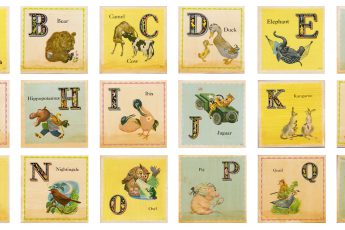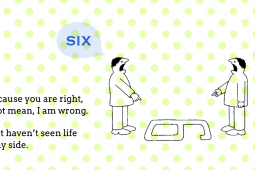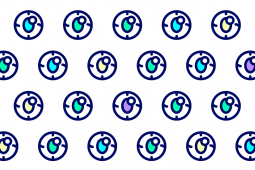The interpreters
Today, I write about two memorable interpreters for me.
In Japan, BS1 broadcasts the top news of each country with interpreters such as – Singapore CNA, South Korea KBS, China CCTV, ShangHai Dragon Television, Hong Kong TVB, Thailand MCOT, Viet Nam VTV, Philippines ABS-CBN, UK BBC, Germany ZDF, Australia ABC, Russia TV, India NDTV, France F2, Qatar Al Jazeera, US Bloomberg, Brazil Rede Bandeirantes, US ABC, Spain TVE, US PBS etc.
The first interpreter is in charge of Korea KBS and Korean Central Television Lim Hye-seong (not sure the alphabet is correct or not).
I listen to the news more than watching it, it is like a radio for me, but I watch the screen when Mr. Lim interprets. Because most of the interpreters of the news interpret neutral and convert different languages to Japanese without emotion but his way is acting, big intonation and dramatic.
Especially, in case of someone’s speech (e.c. president’s etc) it is remarkable, he interprets as if he/she so it sounds like a skit. When I look at the screen, there is the person of the news not Mr. Kim, so it makes me feel like I’m watching a dubbed version of a movie. If there are 2 people, he uses different voices and talk properly, so I enjoy a little Mr. Lim’s play.
But when I think carefully, if there are elements of laughter in the original news, even if they are interpreted in neutral, they can not be said to be good interpreters if they do not convey the original humor and laughter. Until then, I had never heard of such highly entertaining interpreter, so Mr. Lim remained in the impression in the meaning of attention.
*You can hear his programs here
And the other person is a meeting who overturned my fixed concept.
When I went to a kimono shop for wearing kimonos to attend a friend’s wedding ceremony. I had a chance to talk to a customer of the shop who came to the shop by chance, I asked her what was your job? and she told me that she is an interpreter. And I asked casually which language? then she answered she was an interpreter for people with hearing impairment. It means she was a person who uses the sign language to support people to go out like shopping or have a meal at cafe or restaurant etc.
The place we met was a kimono shop and they help to dress up kimono, and both she and the shop help to dress up for people who are hearing-impaired, and then help them to communicate at shops.
By encountering with this person, my fixed concept until then was overturned at once such as interpreter is to translate to different languages between different languages to communicate. It was a valuable experience that let me realize the obvious thing if I think a little that Sign language or Braille language requires interpreters for people who communicate visually or tactilely in this world.
(Here are what I have leaned about more)
*Both sign language and Braille are different depending on the language and the country
*Interpreter and translation are different occupations, that skills are different
It was introduction of the two impressive people to me, and I always admire that interpreter work requires a high level of communication skills. I think it is the really great talent to find accurate expressions instantaneously on the spot and to convey it in an easy-to-understand way by understanding the background, personality, character, culture, and situation at the time of both individuals or companies.
In terms of roles of being between two people/companies to smoothing communication and telling thoughts, maybe there is a similarity to interpreters and designers. I feel a sense of familiarity to them a bit.

















Leave a Comment